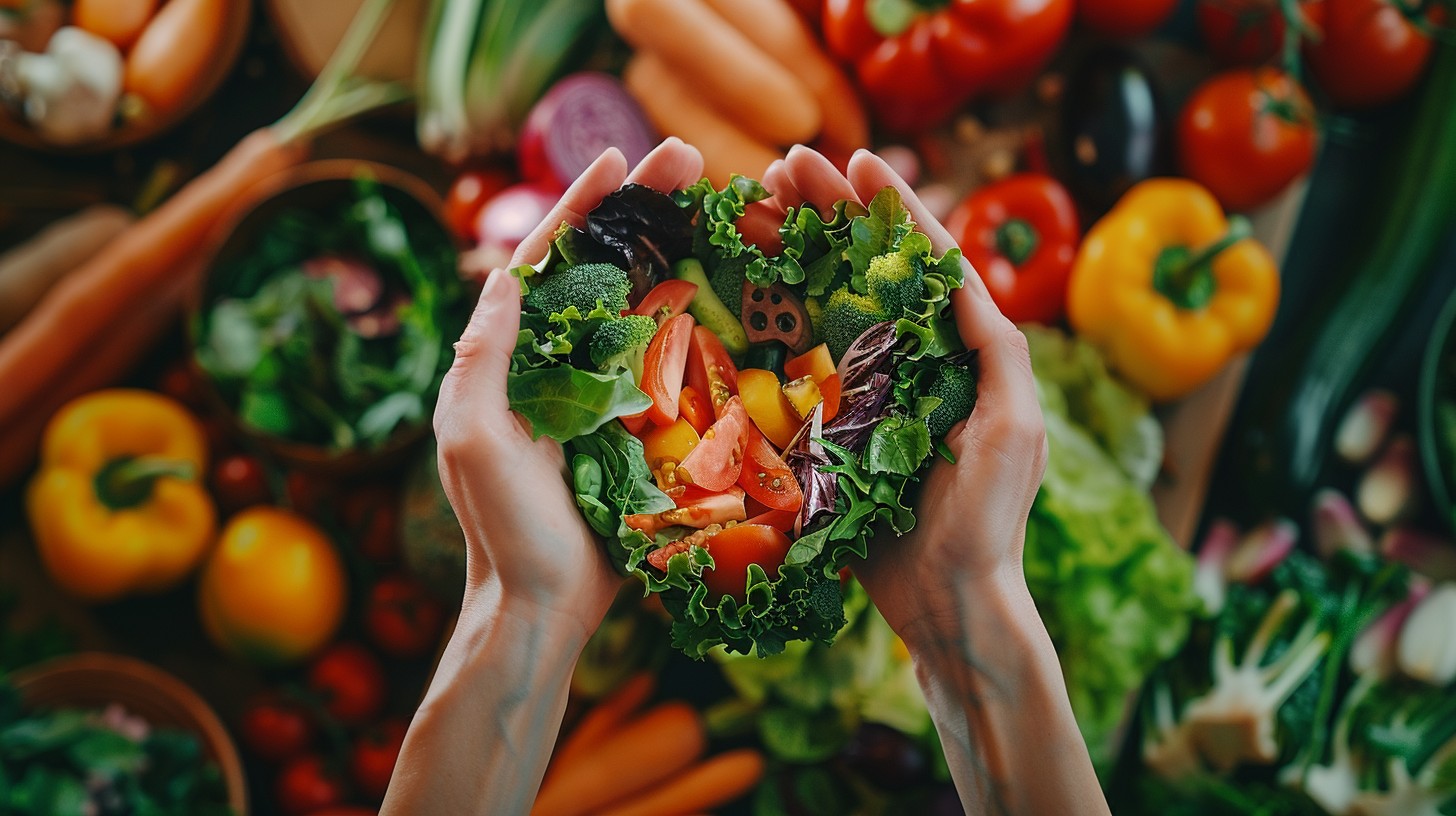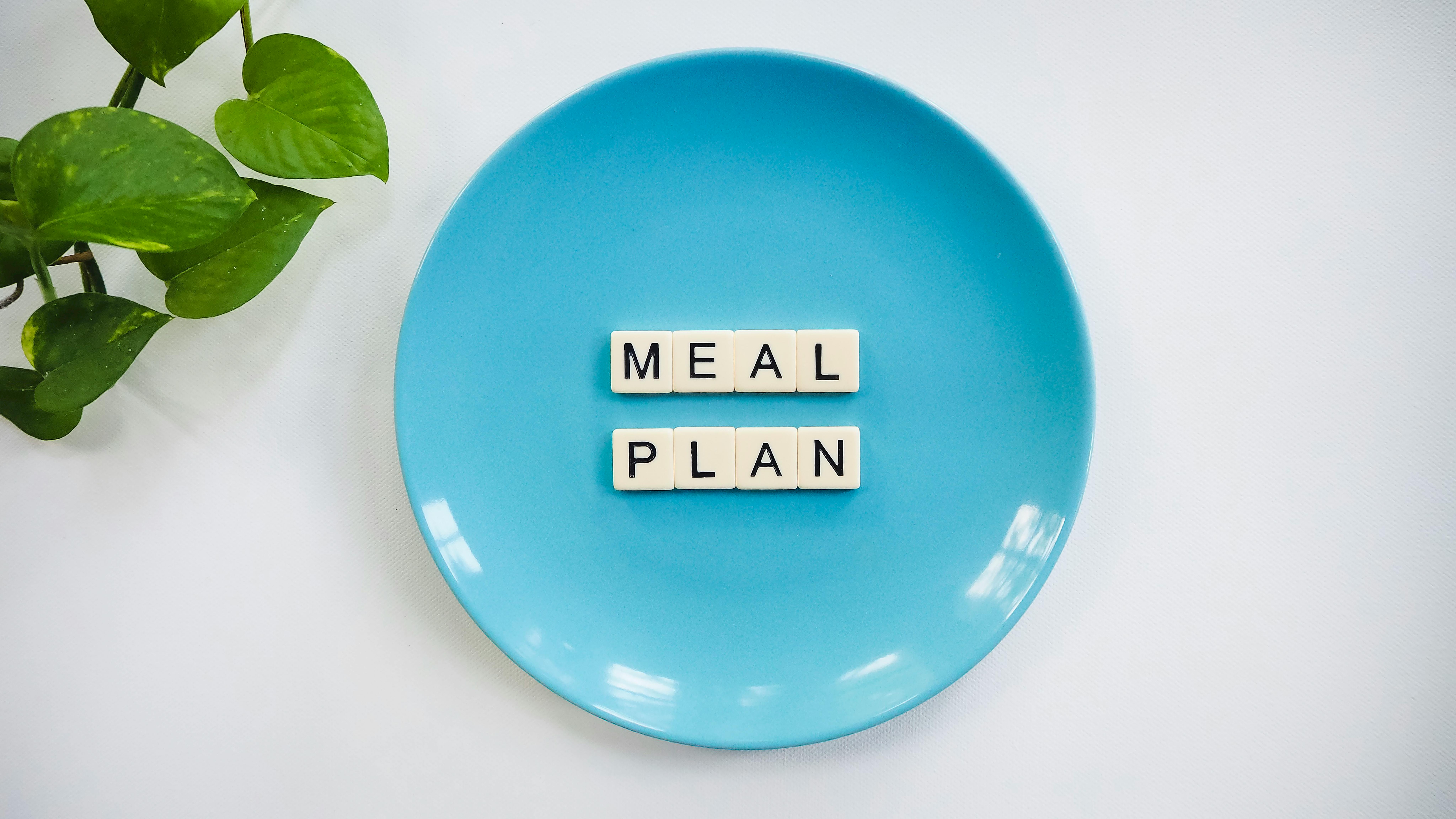Plant-Based Diets and Fitness: Building Muscle and Stamina Without Meat

Switching to a plant-based diet a.k.a vegan diet has become increasingly popular for various health, environmental, and ethical reasons. Many people wonder if it’s possible to build muscle and maintain stamina without consuming meat. The answer is a resounding yes! With the right approach, a plant-based diet can support muscle growth, enhance stamina, and promote overall health. This blog explores how a plant-based diet can fuel your fitness goals, provides meal plans, and shares success stories from those who have thrived on plant-based nutrition.
The Science Behind Plant-Based Nutrition and Muscle Growth
Protein Sources
One of the primary concerns about plant-based diets is protein intake. However, many plant foods are rich in protein, such as:
- Legumes (lentils, chickpeas, black beans)
- Nuts and Seeds (almonds, chia seeds, hemp seeds)
- Whole Grains (quinoa, brown rice, oats)
- Soy Products (tofu, tempeh, soy milk)
Essential Amino Acids
Muscles require essential amino acids to grow, which must be obtained through diet. While animal products contain all essential amino acids, many plant-based sources do as well, or they can be combined to form complete proteins. For example:
- Rice and Beans: Together, they provide a complete amino acid profile.
- Hummus and Whole Wheat Bread: Combining legumes with grains ensures you get all essential amino acids.
Nutrient Timing
Nutrient timing, or when you eat certain nutrients, is crucial for muscle recovery and growth. Consuming protein-rich foods within 30 minutes to 2 hours post-workout can significantly enhance muscle repair and growth.
Building Muscle on a Plant-Based Diet

Key Nutrients for Muscle Growth
- Iron: Found in spinach, lentils, and fortified cereals, iron is essential for oxygen transport and energy production.
- Calcium: Vital for bone health and muscle function, available in fortified plant milks, leafy greens, and tofu.
- Vitamin B12: Important for red blood cell production and energy, it is often fortified in plant milks and nutritional yeast.
- Omega-3 Fatty Acids: Essential for reducing inflammation and supporting muscle recovery, found in Algae Extract Supplement.
- Magnesium: It is a crucial mineral that plays a significant role in various bodily functions, including muscle and nerve function, protein synthesis, blood glucose control, and blood pressure regulation, found in leafy greens, almonds, pumpkin seeds, banana, avocado, figs.
- Vitamin D: Vital for calcium absorption, immune function, and muscle health. It can be obtained from sunlight exposure and fortified foods like plant-based milks and cereals.
- Vitamin K: Crucial for blood clotting and bone metabolism, commonly found in green leafy vegetables such as kale, spinach, and broccoli.
- Zinc: Supports immune function, DNA synthesis, and wound healing. It's sources are pumpkin seeds, cashew, chick peas, spinach and mushroom.
Enhancing Stamina with Plant-Based Nutrition

Energy-Rich Foods
- Complex Carbohydrates: Foods like sweet potatoes, oats, and whole grains provide sustained energy for prolonged workouts.
- Healthy Fats: Avocados, nuts, and seeds are excellent sources of energy and support overall health.
- Antioxidant-Rich Foods: Berries, dark leafy greens, and colorful vegetables help reduce oxidative stress and improve recovery time.
Meal Plan Suggestion for Muscle Growth & Stamina Specially Designed for Indians

Meal Plan 1
- Breakfast: Oats Upma: Made with rolled oats, mixed vegetables (carrots, peas, beans), and tempered with mustard seeds, curry leaves, and a pinch of turmeric, cinnamon, black pepper.
- Mid-Morning Snack: Fruit Chaat: A mix of seasonal fruits (apple, banana, pomegranate) sprinkled with chaat masala and lemon juice.
- Lunch: Quinoa Khichdi: Quinoa cooked with moong dal, spinach, carrots, and green peas, seasoned with cumin seeds and asafoetida.
- Afternoon Snack: Roasted Chana and Peanuts: A healthy mix of roasted chana (chickpeas) and peanuts, seasoned with Indian spices.
- Post-Workout: Protein Shake: Made with almond milk, banana, and a scoop of plant-based protein powder.
- Dinner: Tofu Tikka Masala: Tofu marinated in spices and yogurt, grilled, and then cooked in a tomato-based curry, served with brown rice.
Meal Plan 2
- Breakfast: Chia Seed Pudding: Made with almond milk, chia seeds, and topped with fresh fruits and nuts.
- Mid-Morning Snack: Sprout Salad: Moong sprouts mixed with chopped tomatoes, cucumbers, onions, and seasoned with lemon juice and chaat masala.
- Lunch: Dal Tadka: Lentils cooked with tomatoes, onions, and spices, served with brown rice and a side of mixed vegetable sabzi.
- Afternoon Snack: Coconut Water and a Handful of Nuts: Refreshing and hydrating coconut water with almonds and walnuts.
- Post-Workout: Recovery Smoothie: Blended with coconut water, spinach, pineapple, and a scoop of plant-based protein powder.
- Dinner: Vegetable Biryani: Made with brown basmati rice, mixed vegetables, and flavored with spices like saffron, cinnamon, black pepper, cloves etc.
Success Stories
Athlete: Virat Kohli
Indian cricketer Virat Kohli has adopted a plant-based diet to improve his fitness and performance. Kohli credits his dietary shift with enhancing his energy levels, recovery times, and overall health, demonstrating that plant-based diets can support elite athletic performance in various sports.
Athlete: Nimai Delgado
Nimai Delgado, a professional bodybuilder, has been vegetarian since birth and fully plant-based for several years. Despite initial skepticism, Nimai has achieved impressive muscle mass and strength, proving that plant-based diets can support competitive bodybuilding.
Athlete: Fiona Oakes
Fiona Oakes, an endurance athlete and marathon runner, has set world records while following a vegan diet. She attributes her stamina and recovery to a nutrient-rich, plant-based diet.
Athlete: Patrik Baboumian
Patrik Baboumian, known as one of the world's strongest men, thrives on a plant-based diet. He has set multiple world records in strength sports, showcasing that plant-based nutrition can fuel extreme strength and power.
Actor: Shahid Kapoor
Bollywood actor Shahid Kapoor has long been an advocate of a vegetarian lifestyle, and he has also embraced a plant-based diet. Known for his impressive physique and fitness, Shahid credits his plant-based diet for his sustained energy levels, muscle maintenance, and overall well-being.
Conclusion
A plant-based diet can effectively support muscle growth and enhance stamina, debunking the myth that meat is essential for fitness. By focusing on nutrient-rich foods, proper protein sources, and balanced meal plans, individuals can achieve their fitness goals while enjoying the health benefits of a plant-based lifestyle. Embrace the power of plants, and let them fuel your journey to peak fitness and well-being.
References
- Effects of Strength Training on Muscle Mass and Bone Density: Journal of Sports Science and Medicine
- High-Intensity Interval Training and its Impact on Cardiovascular Health: American Journal of Physiology
- The Importance of Flexibility in Physical Health: Journal of Orthopaedic & Sports Physical Therapy
- Efficiency of High-Intensity Interval Training: Medicine & Science in Sports & Exercise
- Functional Training: Benefits for Everyday Activities: International Journal of Exercise Science
- Resistance Training for Older Adults: Benefits and Recommendations: Journal of Aging and Physical Activity
- Low-Impact Aerobic Exercise: Benefits for Joint Health: The Physician and Sportsmedicine
- The Role of Yoga and Tai Chi in Balance and Flexibility: Journal of Geriatric Physical Therapy
- Combating Sarcopenia with Resistance Training: European Journal of Applied Physiology
- Moderate-Intensity Exercise and Cardiovascular Health: Journal of the American Heart Association